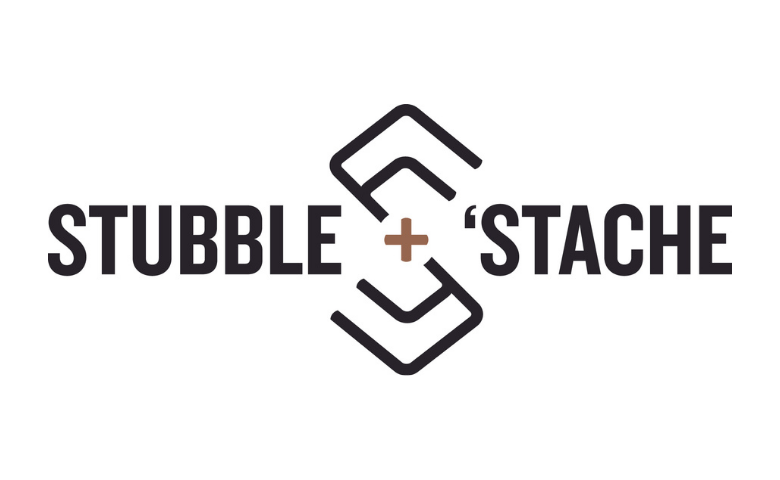

stubble + 'stache

District of Columbia, United States
January 2021
Personal care products
Wholesale/Retail
United States
Our mission is you. We believe everyone has the right to live a joyous, healthy life. We believe in full transparency from soil to skin. We know that grooming and mental health go hand in hand and it is our mission to create thoughtful skin and beard care products that not only enhance your life but also improve society and the environment around us. We all grow together. stubble + ‘stache was founded in 2012 by Nicholas Karnaze following the combat death of his good friend and fellow special operations Marine Justin Hansen. Justin had a big beard when he was killed, as is common in the special operations community. Nick decided to grow his beard out in Justin’s honor in what he describes as a coping mechanism. In doing so, Nick was reminded of numerous issues facing bearded men and looked for a skincare solution. Unable to find one, he created his own and launched stubble + ‘stache in 2013 with the world’s first facial moisturizer for men with beards.
Overall B Impact Score
Governance 15.2
Governance evaluates a company's overall mission, engagement around its social/environmental impact, ethics, and transparency. This section also evaluates the ability of a company to protect their mission and formally consider stakeholders in decision making through their corporate structure (e.g. benefit corporation) or corporate governing documents.
What is this? A company with an Impact Business Model is intentionally designed to create a specific positive outcome for one of its stakeholders - such as workers, community, environment, or customers.
Community 82.3
Community evaluates a company’s engagement with and impact on the communities in which it operates, hires from, and sources from. Topics include diversity, equity & inclusion, economic impact, civic engagement, charitable giving, and supply chain management. In addition, this section recognizes business models that are designed to address specific community-oriented problems, such as poverty alleviation through fair trade sourcing or distribution via microenterprises, producer cooperative models, locally focused economic development, and formal charitable giving commitments.
What is this? A company with an Impact Business Model is intentionally designed to create a specific positive outcome for one of its stakeholders - such as workers, community, environment, or customers.
Environment 5.8
Environment evaluates a company’s overall environmental management practices as well as its impact on the air, climate, water, land, and biodiversity. This includes the direct impact of a company’s operations and, when applicable its supply chain and distribution channels. This section also recognizes companies with environmentally innovative production processes and those that sell products or services that have a positive environmental impact. Some examples might include products and services that create renewable energy, reduce consumption or waste, conserve land or wildlife, provide less toxic alternatives to the market, or educate people about environmental problems.
Customers 2.5
Customers evaluates a company’s stewardship of its customers through the quality of its products and services, ethical marketing, data privacy and security, and feedback channels. In addition, this section recognizes products or services that are designed to address a particular social problem for or through its customers, such as health or educational products, arts & media products, serving underserved customers/clients, and services that improve the social impact of other businesses or organizations.